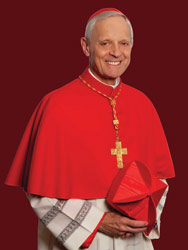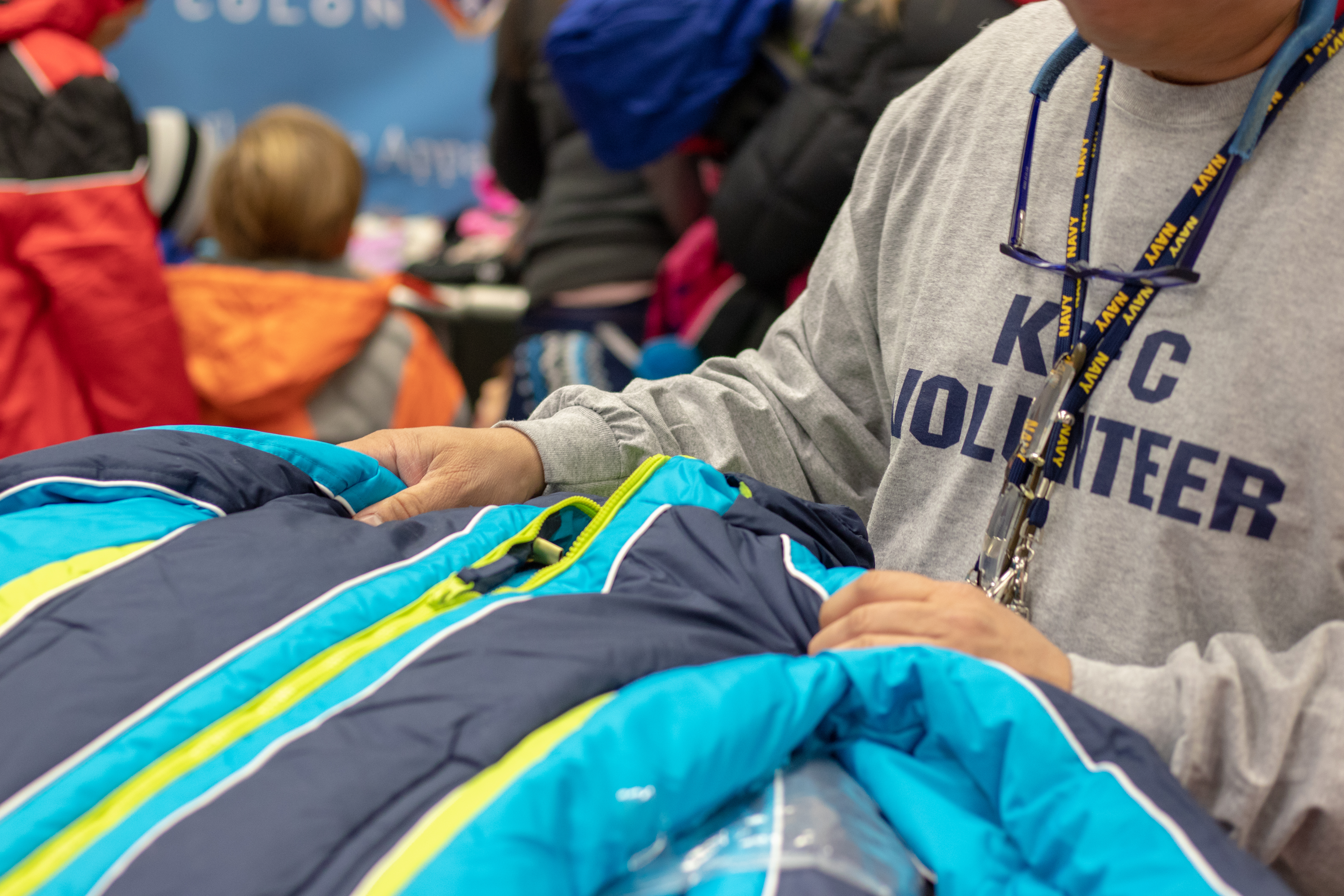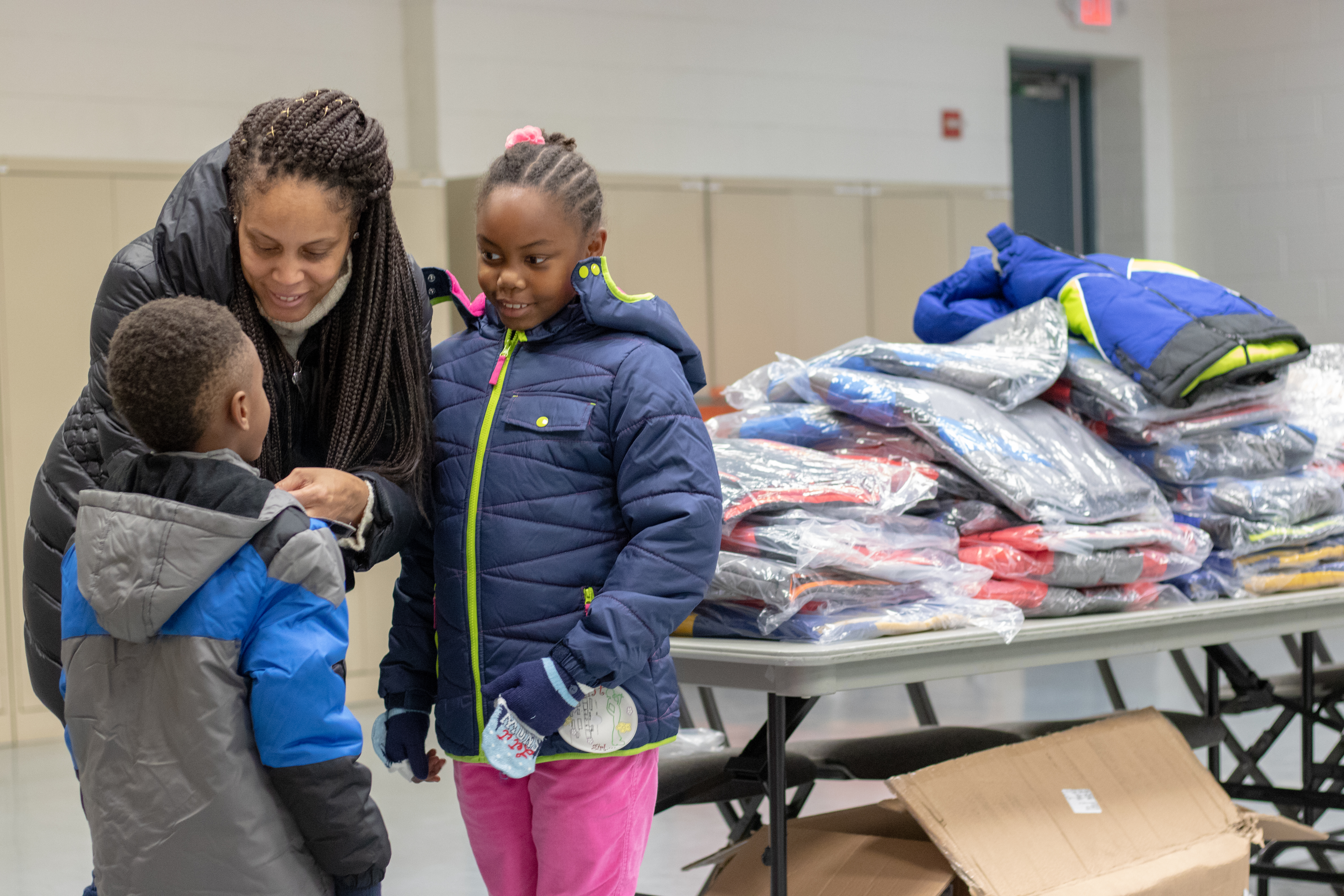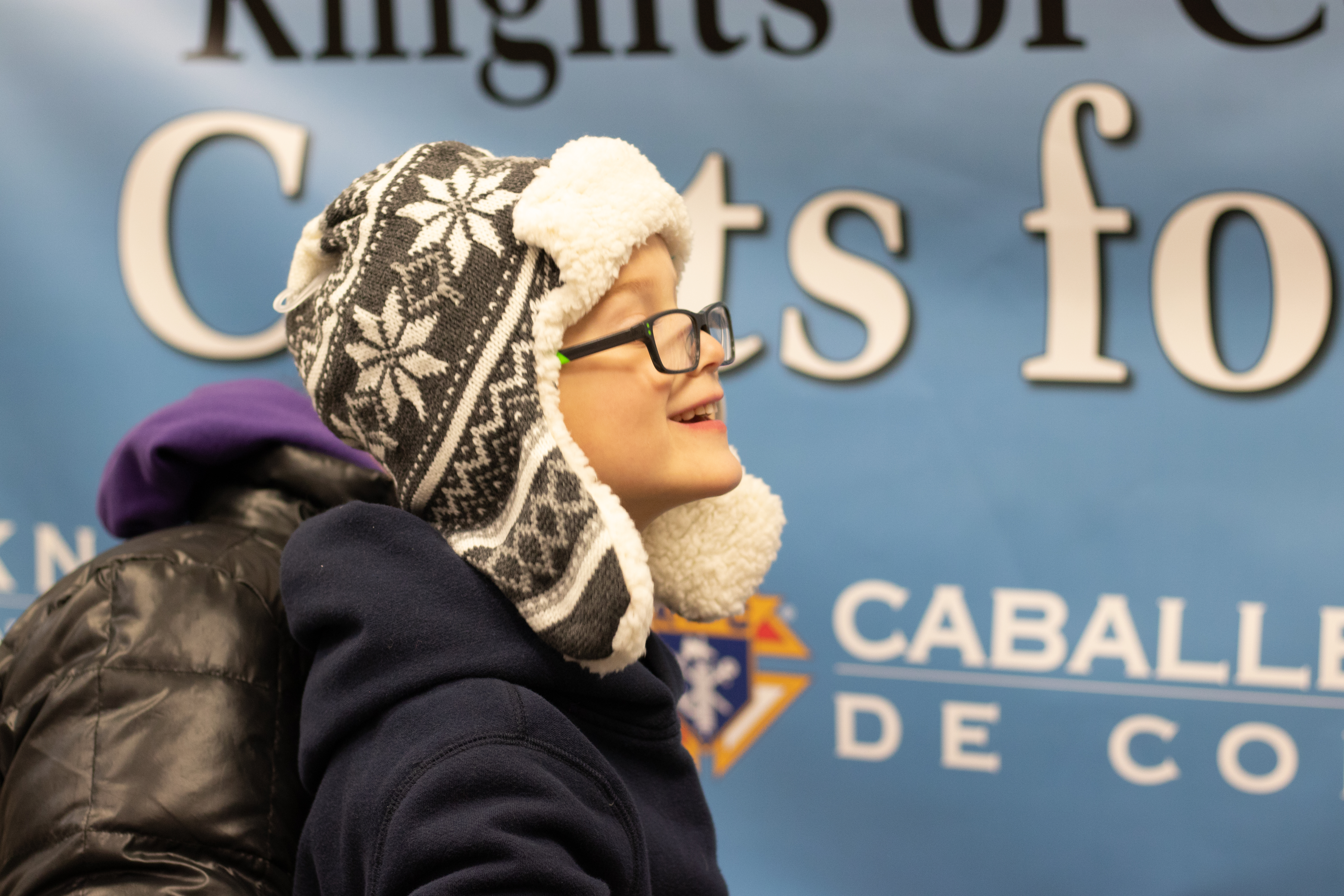The Gift and Challenge of Faith in a Secularized Society
by
Cardinal Donald Wuerl
Archbishop of Washington
 A highlight every year is the Supreme Convention of the Knights of Columbus. I have been attending these since my first one in 1981, and have always found the report of the Supreme Knight to be of great interest. This year, at the 135th Supreme Convention in Saint Louis, our Supreme Knight Carl Anderson delivered an inspiring keynote address on the theme, “Convinced of God’s love and power.” Here he made reference to faithful citizenship and how, far from hindering it, our Catholic faith enriches it. I believe this is all the more true in our increasingly highly secular world.
A highlight every year is the Supreme Convention of the Knights of Columbus. I have been attending these since my first one in 1981, and have always found the report of the Supreme Knight to be of great interest. This year, at the 135th Supreme Convention in Saint Louis, our Supreme Knight Carl Anderson delivered an inspiring keynote address on the theme, “Convinced of God’s love and power.” Here he made reference to faithful citizenship and how, far from hindering it, our Catholic faith enriches it. I believe this is all the more true in our increasingly highly secular world.
Faith has been a part of the life of our nation from its earliest moments. If we go back and take a look at the story of our part of the world, we find that the faith first arrived with Christopher Columbus in 1492 and has been a significant part of life ever since. That is true also in what is now the United States.
Among the earliest European colonists to arrive in what is now Northeastern United States, were the pilgrims who landed on the coast of Massachusetts. Before they left the small ship, the Mayflower, and ventured to shore to establish what would be for them a new experience in living, they reached an agreement known historically as the Mayflower Compact. “In the name of God, Amen” they began this first written articulation of a political philosophy in the English colonies that has served as an underpinning for the American political experience for almost 400 years.
We recognize the same vision and generosity of spirit among the first Catholic colonists who arrived in Maryland in 1634 and set about establishing a civil government based on religious freedom and God’s law as a norm of a truly good and just society.
In a whole series of documents down to the Declaration of Independence in 1776, and our own United States Constitution in 1787, this theme is repeated over and over again, we are a free people who recognize the sovereignty of God and God’s law in our personal and societal life. Religious faith is part of the glue that holds together the whole American endeavor.
When the Founding Fathers signed the Declaration of Independence, they expressed their “firm reliance on the protection of Divine Providence” for the new nation, which was conceived in the truth that we “are endowed by [our] Creator with certain inalienable rights.” For the Founders, and for most Americans everywhere in our history before and after the founding, God was an indispensable element in the public affairs of the people. They understood in particular that a virtuous citizenry, informed by religious faith, is essential to a good, just and free civil society.
Today, however, we see a rather different picture. In many quarters, recognition of the significant role that religion plays in civil society has been downplayed. We are witnessing a shift from a culture in which moral and ethical principles rooted in religious faith are seen as normative, to a newly proposed vision that marginalizes religious conviction as, at best, mere personal preference or opinion. Public debate on ethical matters, once multi-faceted and reflective of our pluralistic heritage, is increasingly narrowed into a monolithic, secularist point of view.
With religious values seen as a threat to the secular way, we have experienced efforts to bleach God and religious faith out of the public square entirely. With this aggressive secularism and its inherent relativism have come a vacuum of values and new challenges in the form of political correctness to the existence of an objective moral order – including respect for all human life and dignity – in culture, media, academia and government.
What religious faith brings to society is a way of living, a set of values, a basis for moral and civil behavior, and those expectations of conduct that are historically the threads woven into the fabric of our societal life. It is precisely these values that call us to a common good.
Some time ago in a discussion at a university conference, I asked a professor who doubted that religious faith had anything good to offer to society, “What would the world be like if not for the voices of religious tradition in the midst of the community saying things like: you shall not kill, you shall not steal, you shall not bear false witness? What would our culture be like had we not heard religious imperatives such as love your neighbor as yourself, do unto others as you would have them do to you?” To his credit, the man smiled broadly and said, “It would be a mess!”
In a genuine pluralistic society, God and religion are valued as foundational cornerstones that are essential to domestic tranquility, justice and unity in diversity. As President George Washington affirmed in his Farewell Address, “Of all the dispositions and habits which lead to political prosperity, religion and morality are indispensable supports.”
Faith has the capacity to provide an answer to the pervasive crisis of existential strife – values that are universal and founded on natural reason, and which find expression in the precepts of an objective moral law based on who we are as humans. Faith offers humanity a fuller vision of life.
With two thousand years of experience in dealing with the human condition, the Church, which continues to proclaim the teaching of its founder, Jesus Christ, offers an invaluable contribution to public life and helps heal divisions and foster a society that can thrive in harmony, love, truth and peace. As a pastor here in the nation’s capital, I can bear witness that the faith-based practice of solidarity and collaboration, defense of human life and dignity, priority and attention to the needs of the poor, and the call to care for God’s creation truly offer essential ways to build the much-needed bridges that allow for a truly good and just society.
As Pope Francis has explained, we Christians “have a treasure of life and love which cannot deceive, and a message which cannot mislead or disappoint. It penetrates to the depths of our hearts, sustaining and ennobling us” (Evangelii Gaudium, 265).
Each of us plays a part in the effort to balance what I suggest is truly out of kilter. Our Founding Fathers placed the nation under the protection of Divine Providence. So, just as God was with our American ancestors, the Lord continues to be with us. If we strive as well to propose our moral convictions grounded in faith with wisdom, with conviction, with love, and with personal credibility, that balance can be restored and, once again, we shall have a firm foundation for our hope for peace and prosperity from sea to shining sea.




 A highlight every year is the Supreme Convention of the Knights of Columbus. I have been attending these since my first one in 1981, and have always found the report of the Supreme Knight to be of great interest. This year, at the 135th Supreme Convention in Saint Louis, our Supreme Knight Carl Anderson delivered an inspiring keynote address on the theme, “Convinced of God’s love and power.” Here he made reference to faithful citizenship and how, far from hindering it, our Catholic faith enriches it. I believe this is all the more true in our increasingly highly secular world.
A highlight every year is the Supreme Convention of the Knights of Columbus. I have been attending these since my first one in 1981, and have always found the report of the Supreme Knight to be of great interest. This year, at the 135th Supreme Convention in Saint Louis, our Supreme Knight Carl Anderson delivered an inspiring keynote address on the theme, “Convinced of God’s love and power.” Here he made reference to faithful citizenship and how, far from hindering it, our Catholic faith enriches it. I believe this is all the more true in our increasingly highly secular world.